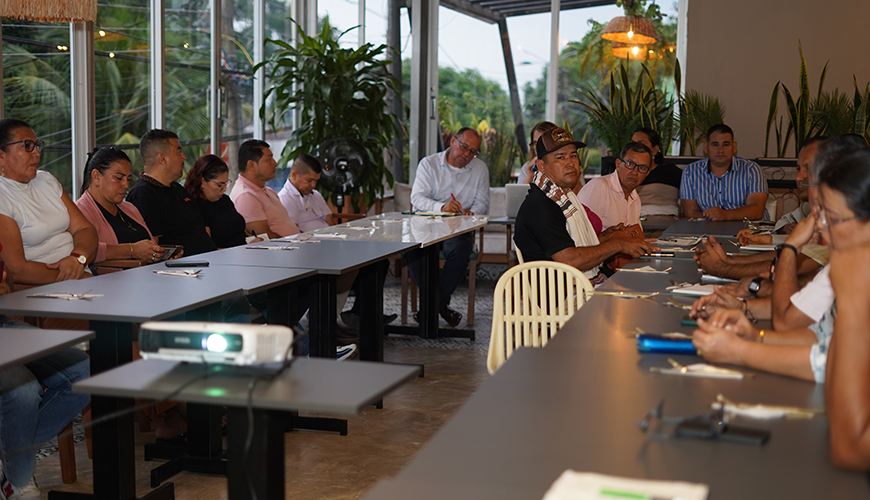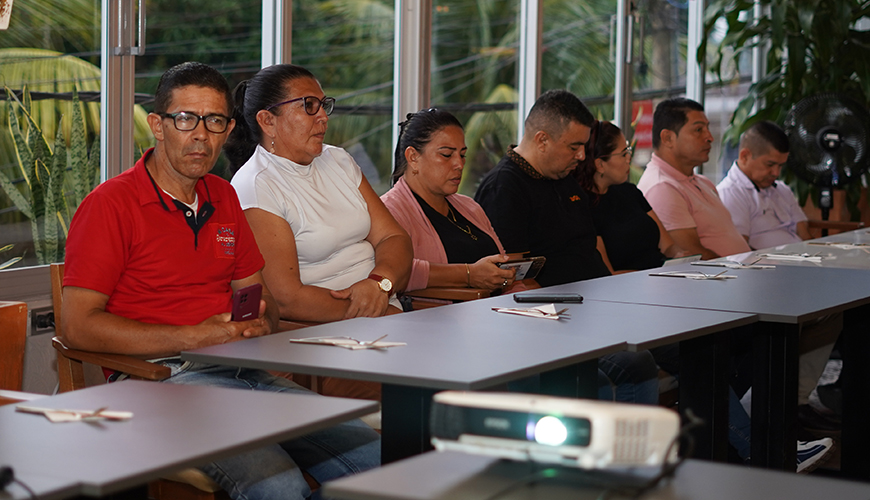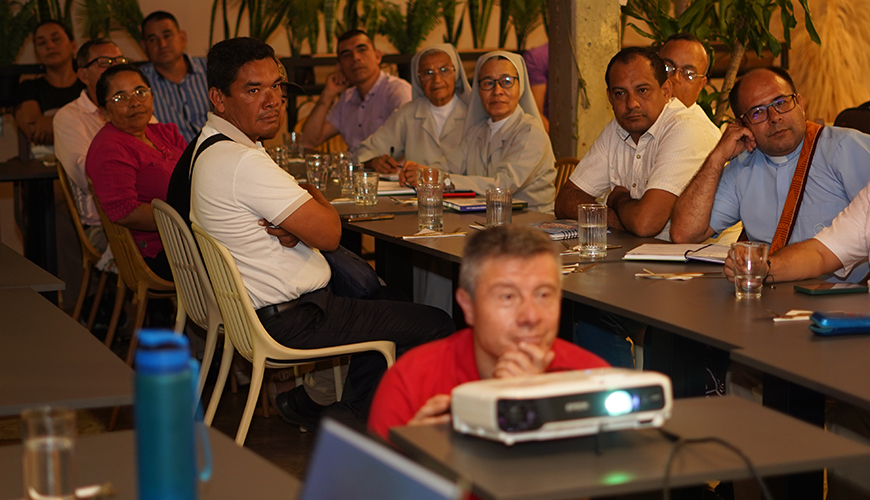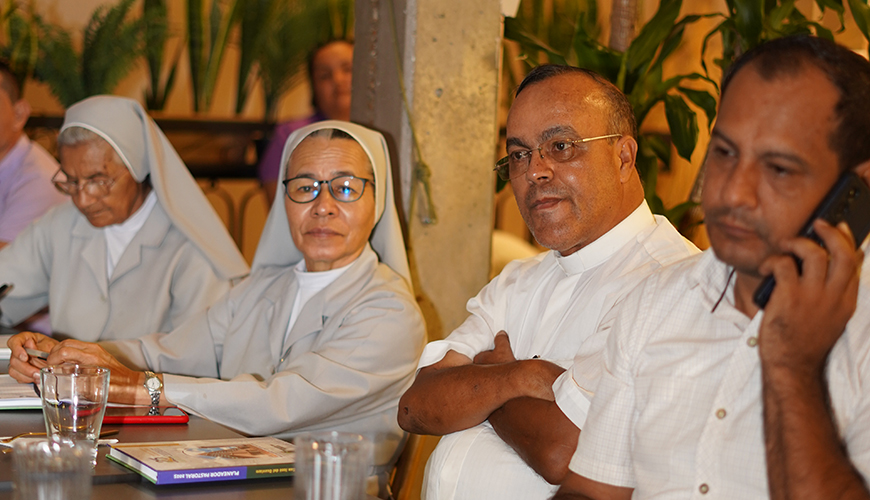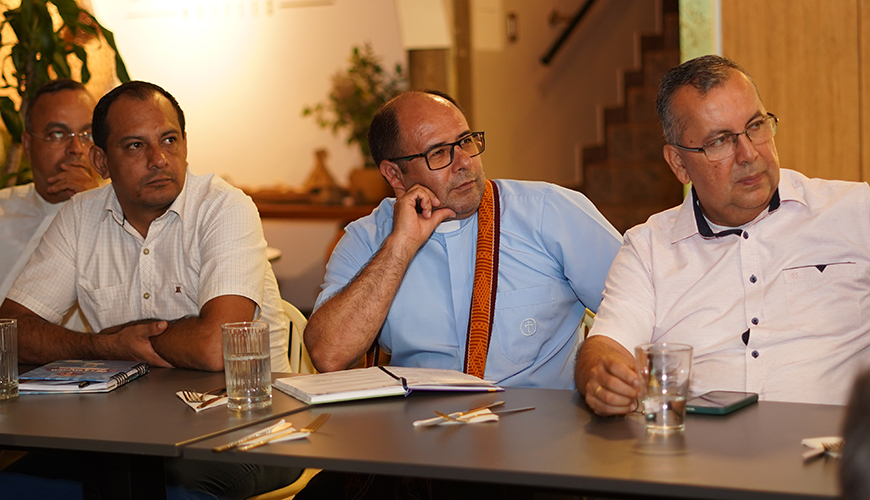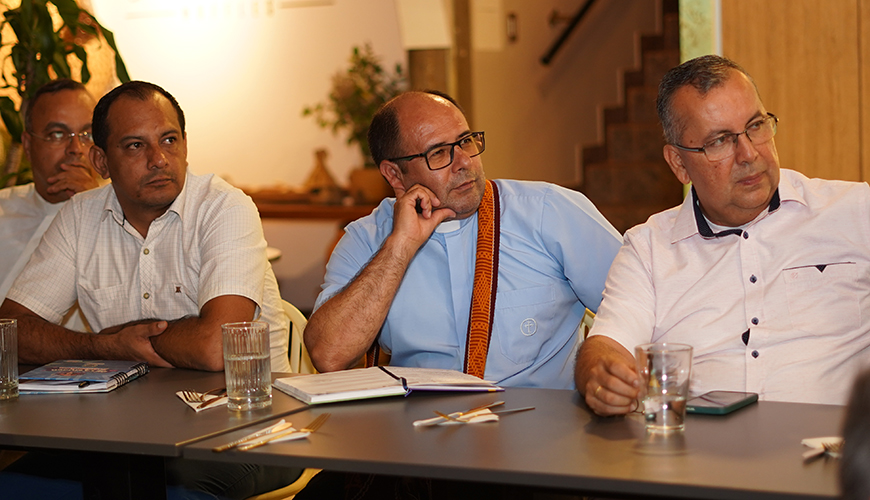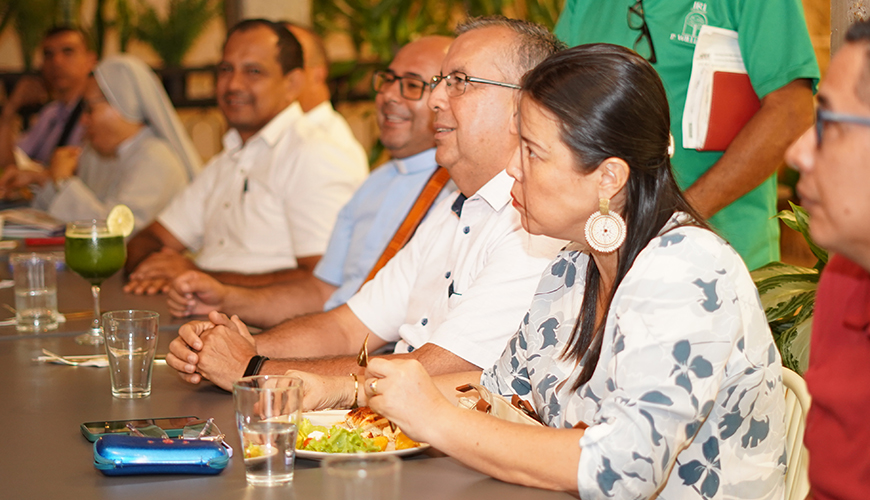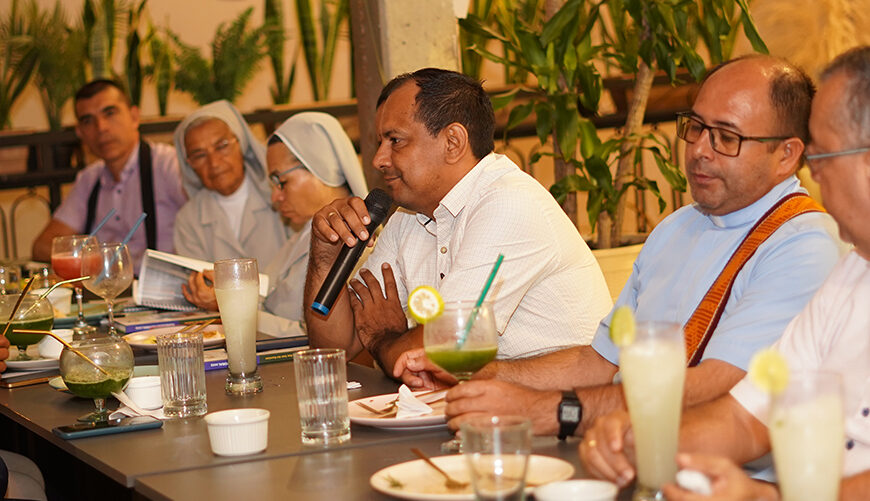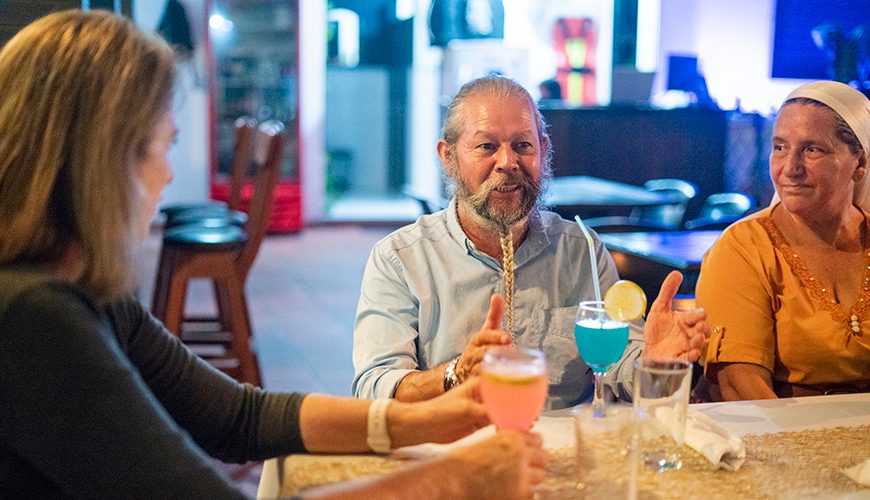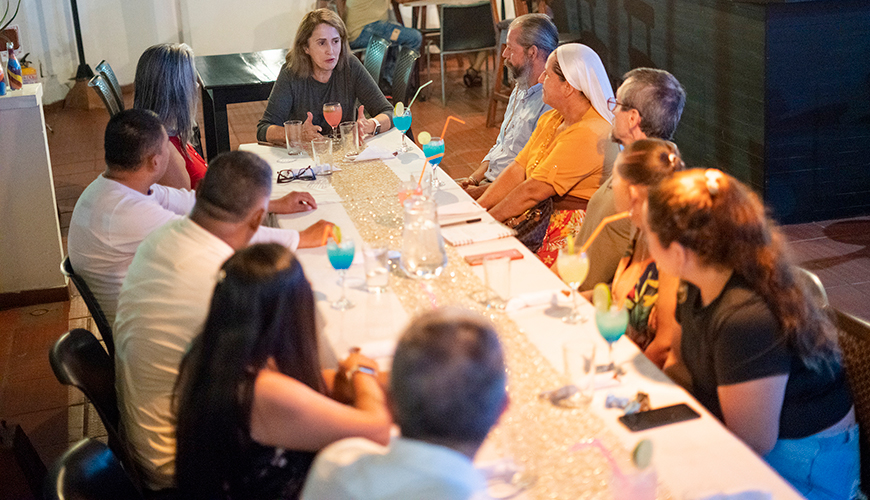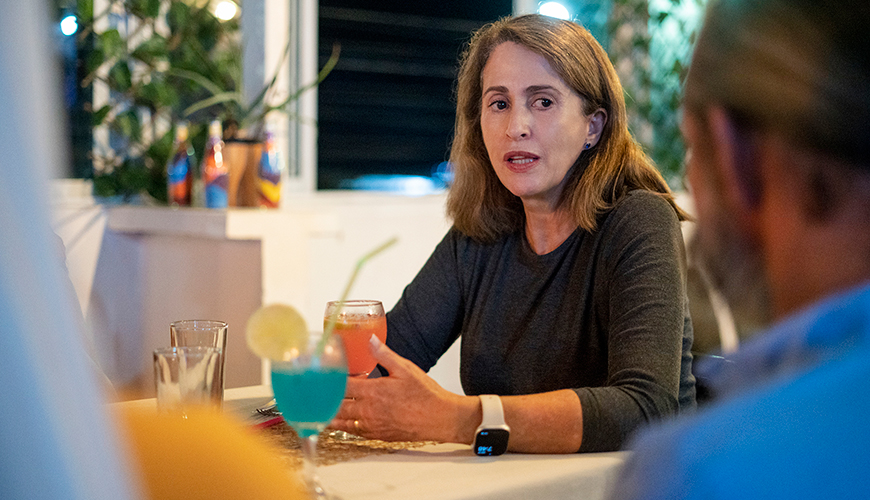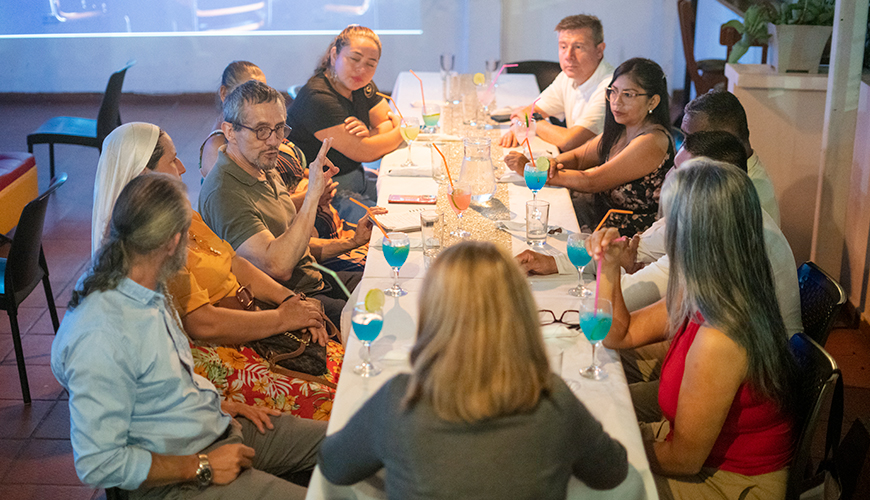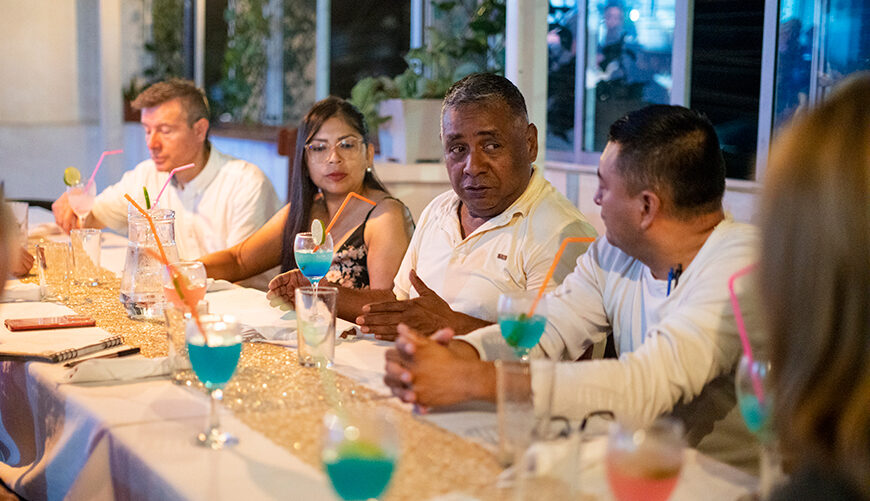During the months of March and April, the Interfaith Initiative for Tropical Forests (IRI-Colombia) held a series of strategic meetings with the religious leaders of the local chapters IRI-Puerto Guzmán, IRI-Orito, IRI-San José del Guaviare, and IRI-El Retorno, with the purpose of following up on their environmental pastoral action plans and planning two joint public activities in each municipality.
These actions seek to become spiritual, social and political advocacy milestones that, from the territories, will make visible the ethical and spiritual commitment of faith communities to the protection of the Amazon and tropical forests. Through these initiatives, the public voice of religious leaders is strengthened in the face of the deforestation crisis and climate change.
The activities will include the participation of mayors and governors, who will be invited to dialogue with faith communities about the progress of their administrations in terms of forest protection, the fight against deforestation, climate action and, in general, care for creation.
Among the actions planned by the local chapters are: simultaneous interreligious days in the 42 local chapters in the Amazon; municipal declarations of climate and environmental emergency; monthly themed liturgical celebrations in all churches in the territory; interreligious marches and vigils in front of public entities; interreligious caravans for life and territory; cultural, artistic and spiritual spaces that integrate indigenous, peasant and Afro-descendant communities around the protection of the territory; pedagogical days in schools, temples and community centers with content on Laudato Si’, water defense, climate justice and ecological spirituality. These activities will allow faith communities to reaffirm their role as fundamental actors in the defense of the Amazon and the construction of an ethic of care that articulates the spiritual, the social and the environmental.
Read the full edition of the April IRI newsletter in Spanish here.

